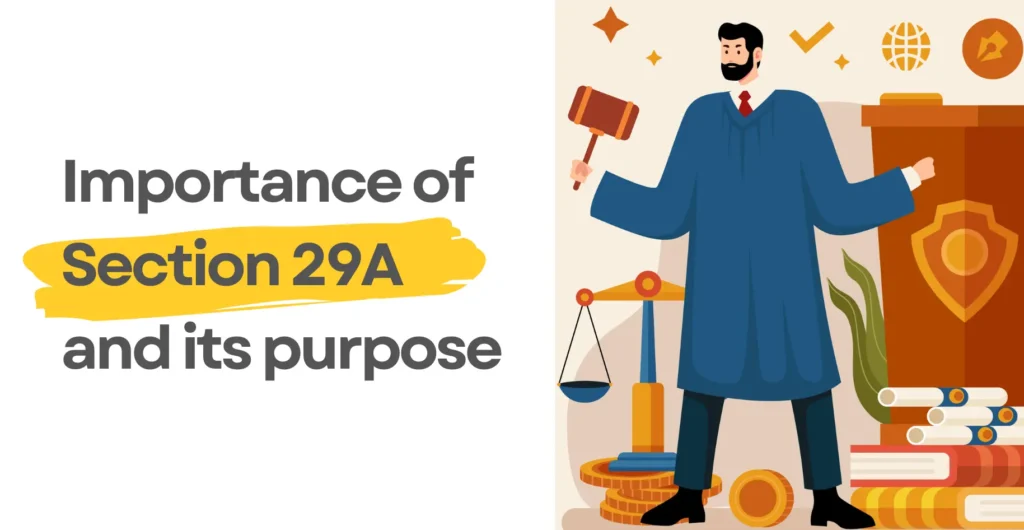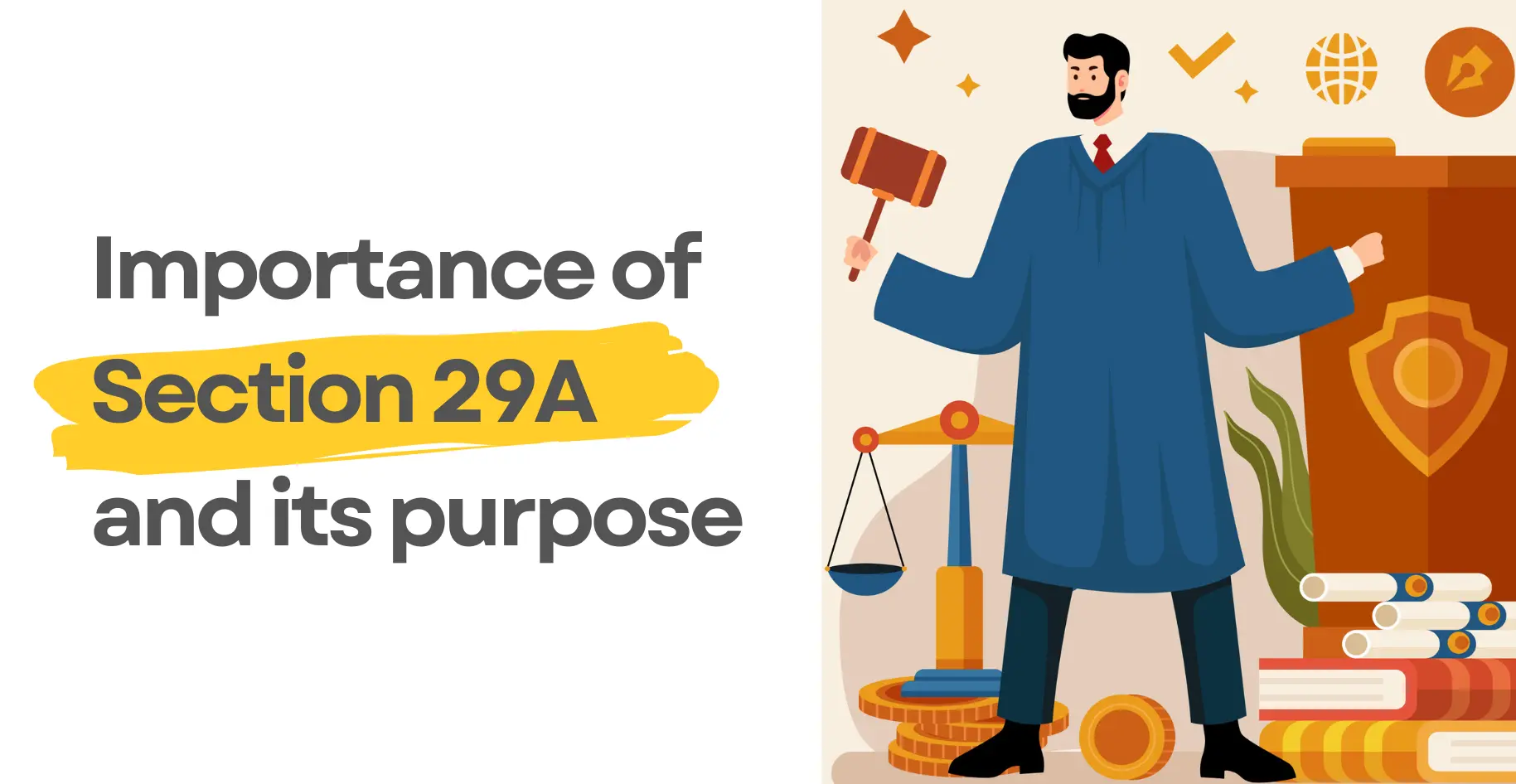Understanding Tax Exemptions under Section 10(29A) of the Income Tax Act
Introduction
Navigating the intricacies of the Income Tax Act can be challenging, but understanding specific exemptions can significantly ease the tax burden for certain entities. Section 10(29A) of the Income Tax Act, 1961, offers valuable insights into tax exemptions for various boards and authorities engaged in agricultural and export development. This blog delves into the details of Section 10(29A), explaining the exemptions it provides and the entities that benefit from them.
Section 10(29A) – Income Exempt from Tax
Section 10(29A) exempts the income accruing or arising to specific boards and authorities from being included in the total income. This provision supports the activities of these entities by alleviating their tax liabilities. Here’s a breakdown of the beneficiaries and the conditions under which these exemptions apply:
(a) Coffee Board
Constituted under:
Section 4 of the Coffee Act, 1942
Exemption applicable from:
The previous year relevant to any assessment year commencing on or after April 1, 1962, or the previous year in which the board was constituted, whichever is later.
(b) Rubber Board
Constituted under:
Sub-section (1) of Section 4 of the Rubber Board Act, 1947
Exemption applicable from:
The previous year relevant to any assessment year commencing on or after April 1, 1962, or the previous year in which the board was constituted, whichever is later.
(c) Tea Board
Established under:
Section 4 of the Tea Act, 1953
Exemption applicable from:
The previous year relevant to any assessment year commencing on or after April 1, 1962, or the previous year in which the board was constituted, whichever is later.
(d) Tobacco Board
Constituted under:
The Tobacco Board Act, 1975
Exemption applicable from:
The previous year relevant to any assessment year commencing on or after April 1, 1975, or the previous year in which the board was constituted, whichever is later.

(e) Marine Products Export Development Authority
Established under:
Section 4 of the Marine Products Export Development Authority Act, 1972
Exemption applicable from:
The previous year relevant to any assessment year commencing on or after April 1, 1972, or the previous year in which the authority was constituted, whichever is later.
(f) Agricultural and Processed Food Products Export Development Authority
Established under:
Section 4 of the Agricultural and Processed Food Products Export Development Act, 1985
Exemption applicable from:
The previous year relevant to any assessment year commencing on or after April 1, 1985, or the previous year in which the authority was constituted, whichever is later.
(g) Spices Board
Constituted under:
Sub-section (1) of Section 3 of the Spices Board Act, 1986
Exemption applicable from:
The previous year relevant to any assessment year commencing on or after April 1, 1986, or the previous year in which the board was constituted, whichever is later.
(h) Coir Board
Established under:
Section 4 of the Coir Industry Act, 1953
Exemption applicable from:
Generally follows the pattern of being applicable from the relevant previous year, though not explicitly stated in this section.
Importance of Section 10(29A)
The tax exemptions under Section 10(29A) play a crucial role in supporting the development and growth of various agricultural and export-oriented sectors in India. By alleviating the tax burden on these boards and authorities, the government facilitates their operational efficiency and promotes their activities aimed at enhancing production, export, and overall sectoral development.
FAQs
1. What is Section 10(29A) of the Income Tax Act?
Section 10(29A) provides tax exemptions for the income accruing or arising to certain boards and authorities engaged in agricultural and export development.
2. Which entities are eligible for tax exemptions under Section 10(29A)?
Entities such as the Coffee Board, Rubber Board, Tea Board, Tobacco Board, Marine Products Export Development Authority, Agricultural and Processed Food Products Export Development Authority, Spices Board, and Coir Board are eligible for tax exemptions under this section.
3. From which year are the exemptions applicable?
The exemptions are applicable from the previous year relevant to any assessment year commencing on or after a specific date (generally April 1) of the year in which the board or authority was constituted, or the year specified in the section, whichever is later.
4. Why are these exemptions important?
These exemptions support the operational efficiency of the boards and authorities, promoting their activities aimed at enhancing production, export, and overall development in their respective sectors.
5. How can I get more information on tax exemptions and related laws?
For more detailed information and personalized tax advice, it is recommended to consult a tax professional or visit SmartTaxSaver for insightful articles on tax laws and exemptions.
Conclusion
Section 10(29A) of the Income Tax Act, 1961, offers significant tax exemptions to a range of boards and authorities involved in agricultural and export development. Understanding these provisions can help the concerned entities effectively manage their finances and focus on their core objectives without the added pressure of tax liabilities. For more detailed information and personalized tax advice, consulting a tax professional is always recommended.
For more insightful articles on tax laws and exemptions, visit SmartTaxSaver. Stay informed and make smart tax-saving decisions!



